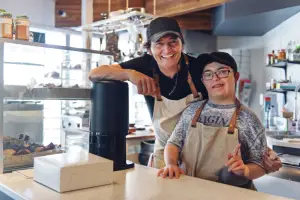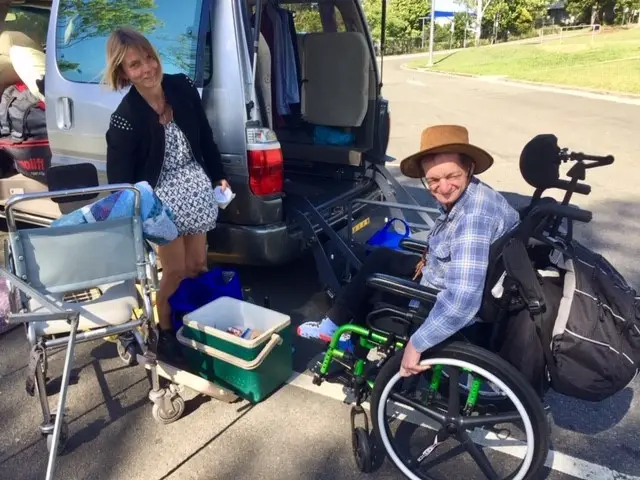Short Term Accommodation (STA) is a crucial and flexible support service designed to provide temporary lodging for people with disabilities who require assistance with their daily living activities.
The primary goal of STA is to offer short-term relief for both the person with a disability and their primary caregivers. This accommodation can be especially beneficial in various situations, such as when a caregiver needs a break, during emergencies, or when the person requires additional support due to changes in their routine or environment.
Organising Short Term Accommodation for a client typically takes between 3 weeks and involves a collaborative effort between the person, their support network, and relevant service providers. The process begins with an assessment of the client’s needs and goals. This assessment helps determine the type and level of support required during the short-term stay. Factors such as the client’s specific disability, medical needs, and daily living requirements are considered to tailor the accommodation to the person circumstances.
Ultimately, the duration of time it takes to organise STA for a client can vary depending on the urgency of the situation, the availability of suitable accommodation, and the complexity of the client’s needs. If a client believes there may be a chance of an emergency situation happening in the future (for example if the fulltime carer is unwell), LevelUp Independent living undertake an assessment ahead of time and identify a range of suitable accommodation to choose from should the emergency situation arise. However, in most cases, it may take a few weeks to coordinate and finalise the arrangements.
When seeking Short Term Accommodation funding through the National Disability Insurance Scheme (NDIS), people have several options for accessing this service through registered providers.
NDIS registered providers offering STA services must meet specific standards and regulations to ensure the quality and safety of the support they provide. LevelUp independent living is an NDIS registered STA provider and works only with quality accommodation providers across Australia. Clients can choose from a range of accommodation types, including apartment hotel, and respite care. LevelUp Independent Living provides flexibility in selecting the most suitable option based on the person’s preferences, needs, and goals.
Additionally, the NDIS funding model allows people to use their allocated funds to cover the costs associated with Short Term Accommodation. This includes accommodation fees, support staff costs, meal and activity allowances, and any necessary adaptations or equipment required. The client, in consultation with their support network can make informed decisions about the type and duration of STA that best meets their requirements.
In summary, Short-Term Accommodation is a valuable support service that provides temporary relief for people with disabilities and their primary caregivers. The process of organising STA involves careful assessment and collaboration to tailor the support to the client’s specific needs. Clients have options for selecting suitable accommodation and accessing the necessary funding to cover associated costs, promoting flexibility and personalised care.
Contact LevelUp independent living to organise your STA today.
Read more news and updates

Newsletter 12 January 2024
Happy New Year for the team at LevelUp Independent Living. Read the latest news and information.

Embracing empowerment: A personal guide to Supported Independent Living for people with disability
While living with a disability often comes with unique challenges, but it’s essential to recognise that people with disability possess incredible strength, resilience, and the

Putting the ‘ability’ in social and community events
Social and community participation is a fundamental aspect of human life that enriches our experiences and fosters a sense of belonging. For people with disabilities, this facet takes on even greater significance, playing an important role in their overall well-being and quality of life. So why is social and community participation is essential for people with disabilities, let’s highlight the numerous benefits.

